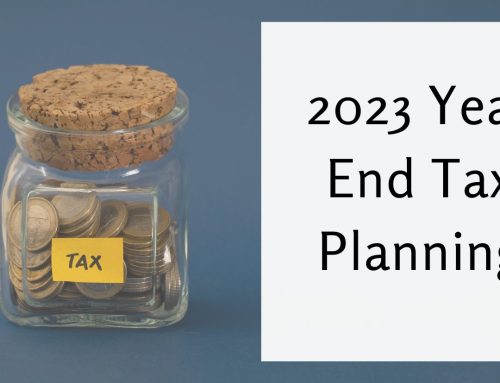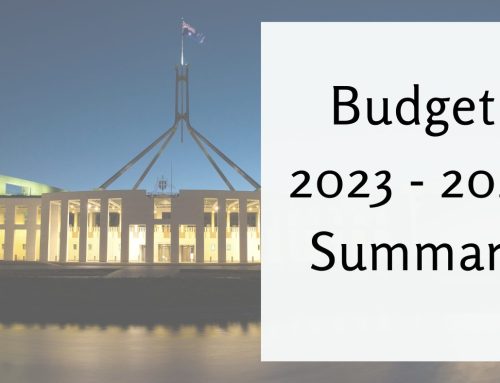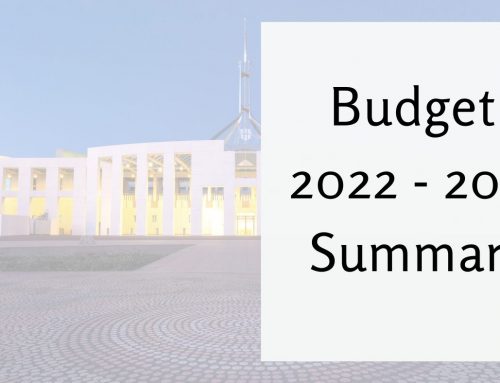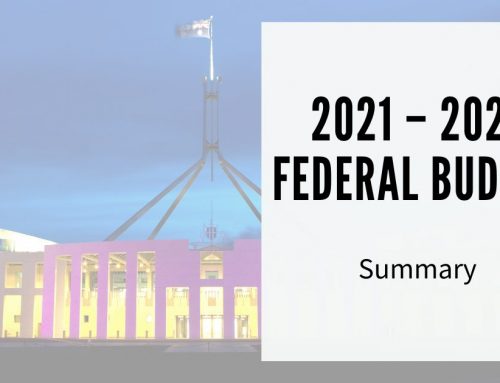It is tax time again, so time to turn your mind to what you can do to reduce your tax bill for 2012-13.
Deferring Income
As the taxing point for investment income is generally on a receipts basis you could look to, arrange your affairs such that interest bearing investments, dividends, royalties and rental income fall due after 30 June.
Maximising Deductions
Deductions reduce taxable income. It follows that the more deductions you can claim for 2012-13 the lower your taxable income will be. There are a number of things you can do to maximise your deductions for the year:
The general rule is that eligible expenses can be deducted in the 2012-13 income year if they have been ‘definitively committed’ to by year end. It is not necessarily the case that the relevant amount must have been paid before year end. Speak to us if you are unsure whether this condition is being met in relation to a particular expense.
Ensure that all work-related expenses (e.g. self-education, uniforms) have been paid by 30 June and that receipts or appropriate documentation has been kept. Also consider making prepayments of work-related expenses (e.g. subscriptions) prior to 30 June.
Where the logbook method is being used to claim a deduction for motor vehicle expenses, consider whether a new motor vehicle logbook is required. A new logbook is required every five years or if there is a substantial change (greater than 10 percent) in the work-related use of the motor vehicle.
Consider, where possible, making a prepayment of interest expenses on investment loans (e.g. where the borrowed funds were used to acquire shares or an investment property) so as to gain the benefit of the deduction in the 2012-13 year.
A deduction is available for the cost of repairs to assets such as rental properties or certain items of equipment. The deduction will be available in 2012-13 provided the expense is incurred by 30 June. It does not matter that the repair may not be paid until the next financial year
Consider, where possible, making donations and gifts to deductible gift recipients prior to 30 June so as to gain the benefit of the deduction in the 2012-13 year.
Capital Gains
Review your asset portfolio and, where possible, realise losses prior to 30 June so as to offset losses against realised capital gains in the 2012-13 year.
Unless losses are available, defer the signing of all contracts for the sale of assets until after 30 June.
Superannuation Contributions
Superannuation is a highly tax effective way to save, and it is for this reason that you might want to talk to us about making superannuation contributions. However there are pitfalls to be aware of, not the least of which is the effective limit on the amount that can be contributed in any one year (both before and after tax).
Low to middle income earners (including self-employed persons) should consider making personal superannuation contributions prior to 30 June so as to qualify for the government co-contribution payment. To be eligible you must be under the age of 71 at 30 June 2013 and you must earn no less than 10% of your income from eligible employment related activities, carrying on a business or a combination of both.
If less than ten percent of your income is from employment, it may be worth making a deductible personal superannuation contribution prior to 30 June. Contribution cap limits apply to concessional contributions and if aged 65 or over a work test applies. As such, please speak with us before proceeding with any contribution.





